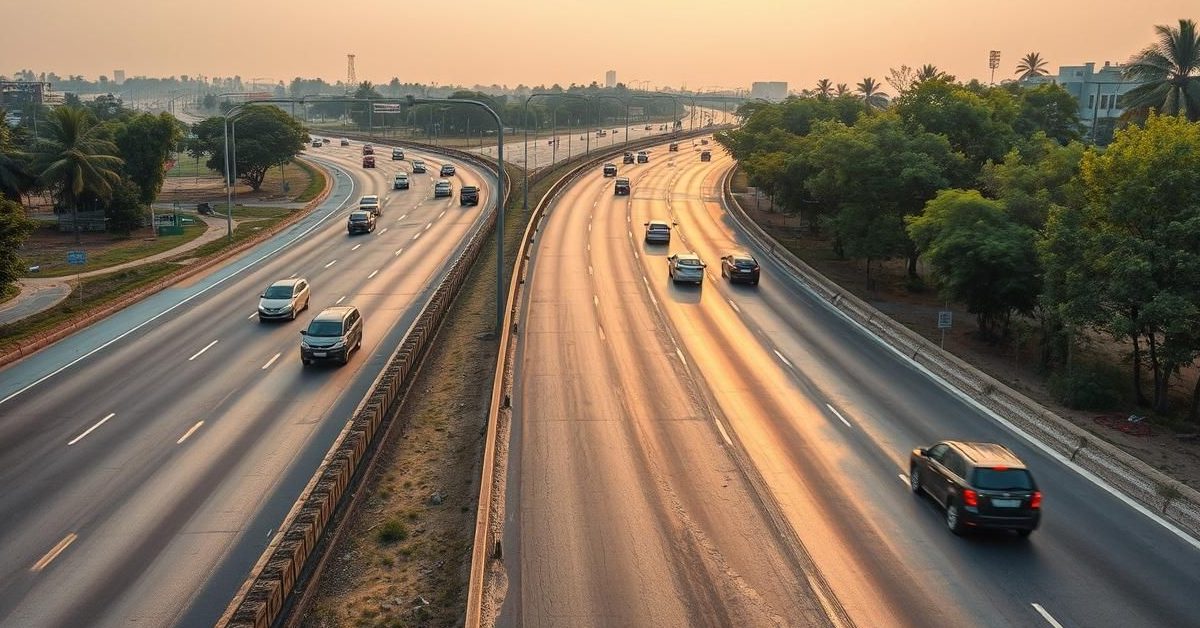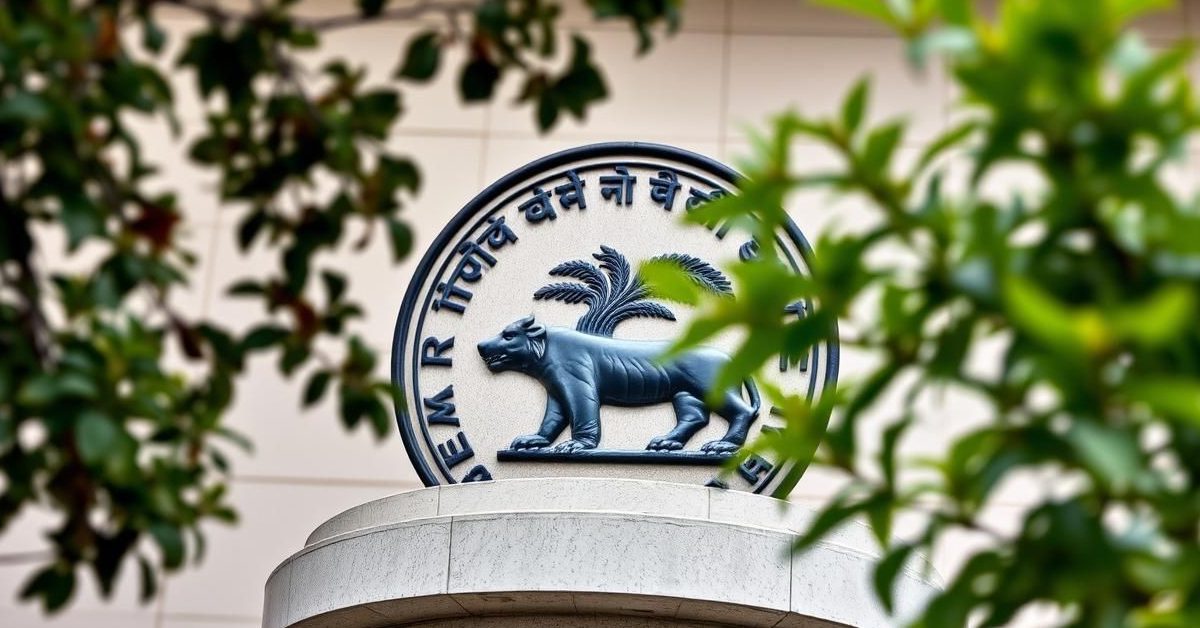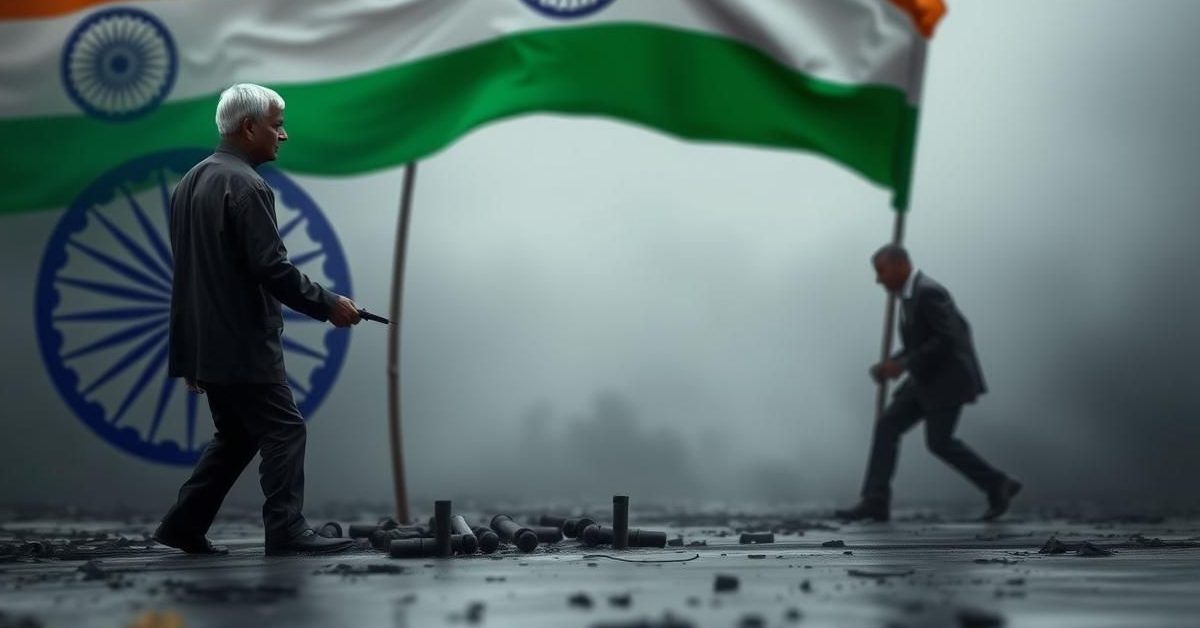India’s infrastructure landscape is undergoing a significant transformation, with the newly completed Delhi-Jaipur Expressway set to revolutionize travel and boost economic activity in the region.
Faster Journeys Ahead
This expressway is a crucial part of the larger Delhi-Vadodara section of the Delhi-Mumbai Expressway. It promises to dramatically cut travel time between Delhi and Jaipur to just three hours, a notable reduction from the current three hours and forty-five minutes. This improvement will help ease congestion on existing routes like NH-48 and NH-21, making commutes smoother and faster for everyone.
A key component of this corridor is the 66.916-kilometer, four-lane Greenfield Bandikui Spur, built at a cost of over Rs 2,016 crore. This spur provides direct connectivity, filling a previous gap in road links and offering better options for both daily commuters and freight operators.
In February 2023, Prime Minister Narendra Modi inaugurated the 246-kilometer Delhi–Dausa–Lalsot section of the Delhi-Mumbai Expressway. This operational stretch has already brought down the travel time from Delhi to Jaipur to around three and a half hours, positively impacting local economic activities along its path.
Economic Growth on the Horizon
The Delhi-Jaipur Expressway is expected to have a substantial positive impact on the regional economy. The government is also planning to establish rural haats, or local markets, along the expressway. These markets will provide a direct platform for local farmers, weavers, and artisans to sell their products, fostering economic empowerment in rural areas.
As Prime Minister Modi highlighted, modern infrastructure like this helps a wide range of people, from daily commuters and office workers to truck drivers and small business owners. It allows for more efficient movement of goods, reducing spoilage for farmers and ensuring timely deliveries for businesses.
Boosting Tourism in Rajasthan
Rajasthan has long been a magnet for tourists, both domestic and international. The improved connectivity offered by the Delhi-Jaipur Expressway is set to further enhance its appeal. Traveling to popular destinations like Sariska Tiger Reserve, Keoladeo National Park, and Ranthambore National Park will become much easier and quicker, attracting more visitors and boosting the state’s vibrant tourism industry.
The Bigger Picture: Delhi-Mumbai Expressway
The Delhi-Jaipur section is a vital segment of the monumental Delhi-Mumbai Expressway project. Once fully completed, this 1,386-kilometer expressway will be India’s longest, fundamentally changing inter-city travel. The journey between Delhi and Mumbai, which once took 24 hours, will be slashed by half, reducing it to just 12 hours.
Beyond time savings, the expressway will also shorten the overall travel distance between the two major cities by 12 percent, from 1,424 kilometers to 1,242 kilometers. This ambitious project underscores India’s commitment to building world-class infrastructure that supports economic growth, enhances connectivity, and improves quality of life.
- Travel time between Delhi and Jaipur will be reduced to just 3 hours.
- The expressway will boost local economies by facilitating trade and supporting rural markets.
- It enhances connectivity to major tourist attractions in Rajasthan, aiding the tourism sector.
- The Delhi-Jaipur section is part of the larger Delhi-Mumbai Expressway, set to be India’s longest, halving travel time between the two metropolises.














